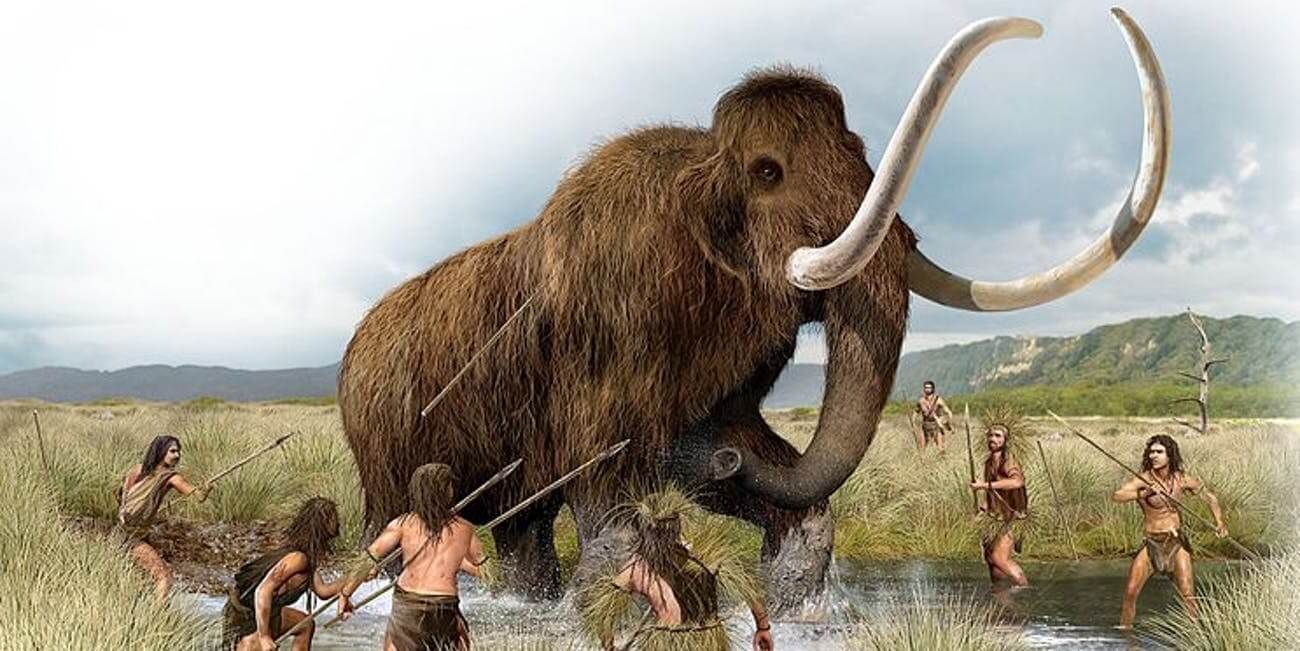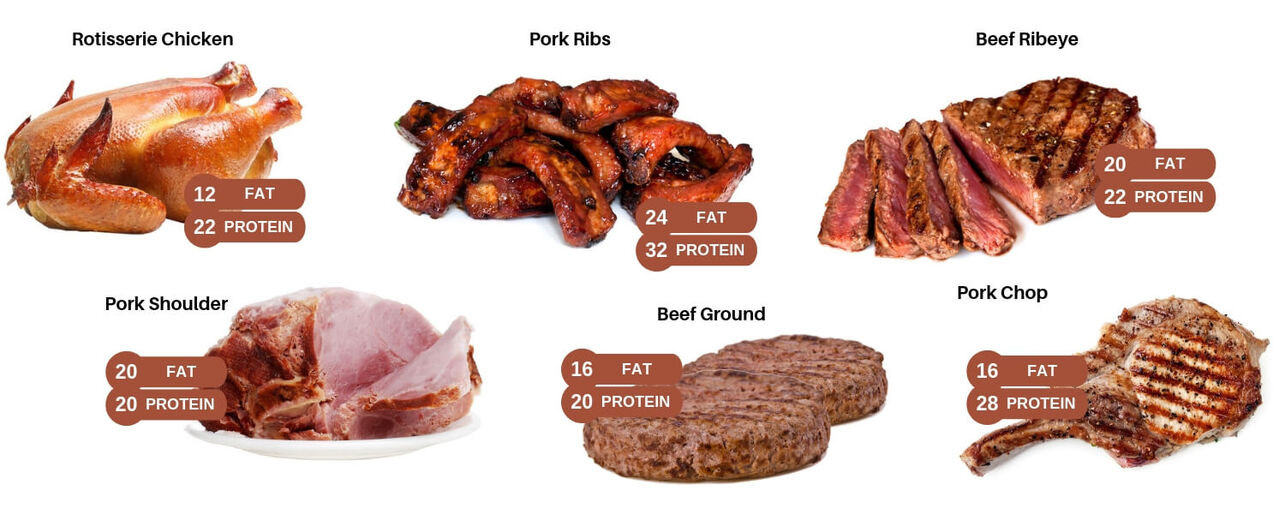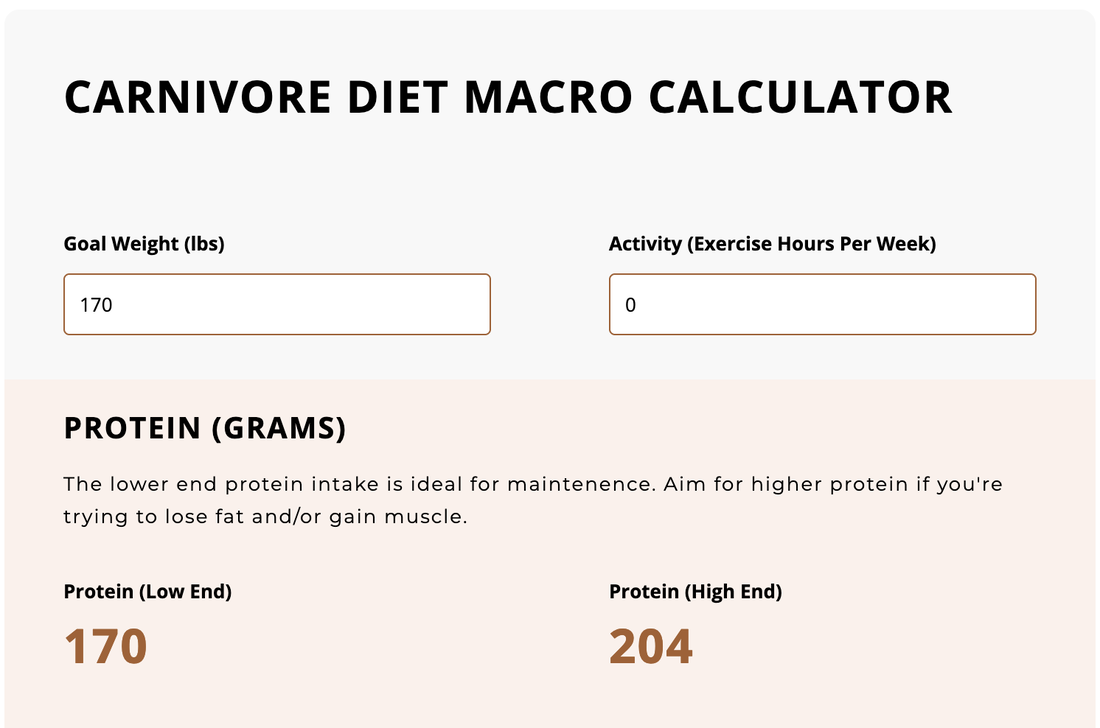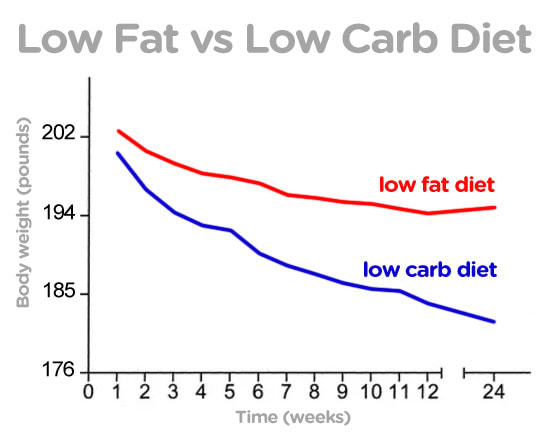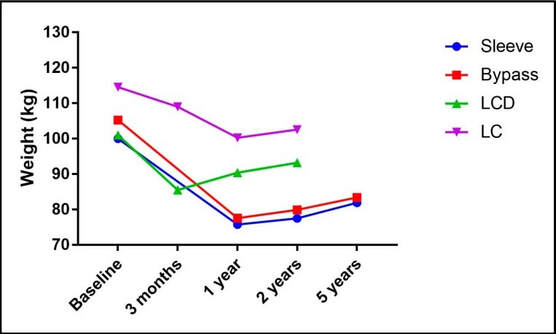THE CARNIVORE DIET
Exactly what is the carnivore diet, and is it the right option for you? Here’s everything you need to know.
Finding a diet that works for you is one of the most difficult but rewarding challenges that anybody ever faces. Whether you’re looking to improve your health, body image, energy levels, or relationship with food, there are many different plans to choose from. Right now, the carnivore diet is gaining a lot of popularity because of it's ability to get amazing results in short periods of time.
INTRO | WHAT TO EAT | WHAT TO AVOID | BENEFITS | WEIGHT LOSS | SIDE EFFECTS | FAQ | RECIPES, & MEAL PLANS

